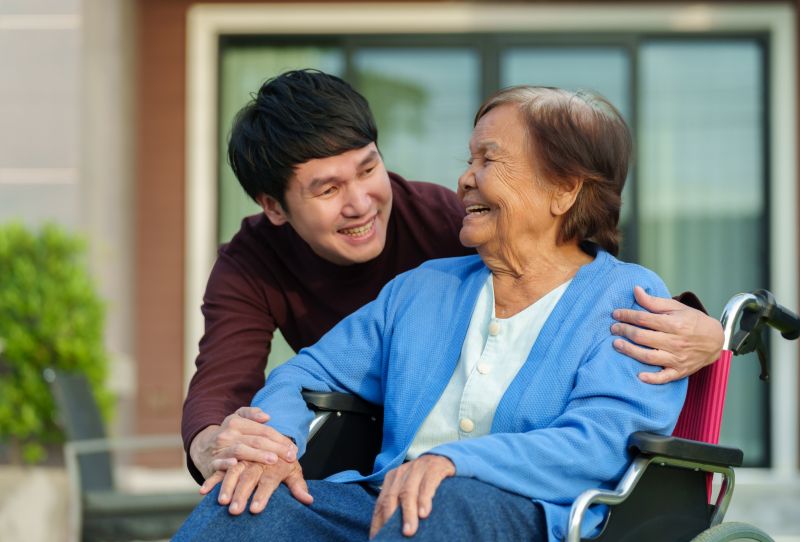Caregivers Sleep Deprivation: 5 Tips to Help You Get Enough Sleep while Caregiving
iSavta | 29.08.2022
Do you no longer get 8 hours of sleep every night because of your caregiving duties? Some might think that it is easy to fall into a deep slumber after a long and tiring day of caring for someone, running errands, and doing house chores. Unfortunately, most of the time, it is not always the case.

Sadly, anxiety, stress, and a seemingly endless to-do list are the reasons why caregivers never get the recommended 7 to 9 hours of their much-needed quality sleep.
Don’t miss these 5 tips to help you get enough sleep while caregiving and say goodbye to those sleep troubles:
1. Stay Away from Blue Light
If you want to sleep soundly at night, it is time to avoid blue light. Blue light emitted by digital devices such as smartphones, tablets, laptops, and even TV can trigger your brain into suppressing the production of melatonin, the hormone that gives your body cues that it is time for you to sleep.
To reduce exposure to blue light, set your device to a night shift mode so that it will emit warmer light during bedtime. Better yet, avoid using digital devices during the hours before going to bed.
2. Eat and Exercise for Quality Sleep
Your body and brain don’t get anything good if you try to get through your night duties with sugar and caffeine. If you want to sleep well, eat foods rich in nutrients that naturally promote sleep through high melatonin levels.
Good examples of these foods include walnuts, almonds, fatty fish, kiwi, banana, turkey, tart cherry juice, and chamomile tea.
Make sure you also wear out your body through exercise to fall asleep and stay asleep all night long. If full-blown exercise is not possible, you can just add more physical activities to your day, such as walking around while using your phone, doing lunges and squats while cooking, or taking the stairs.
3. Consider Remote Monitoring
If you always find yourself waking up in the middle of the night to check on your patient, you can consider using remote monitoring technology. You can set it up in the room of your patient so you can easily check on them with no need to get out of bed.
4. Update Your Sleeping Environment
Try to tweak your room to make it more conducive for quality sleep. Limit light exposure by turning off all lights outside and inside the room, using an eye mask, and closing the blinds. Cooler temperatures are also found to promote better quality sleep. Try to limit noise so you can quiet your brain for deep sleep.
5. Prepare for Appointments
It is typical for caregivers to lie awake in bed, unable to sleep as more items are added to the to-do list in their mind for an appointment the next day. Whether you are taking the patient to a specialist, a test or screening, or the doctor, there are lots of things you have to coordinate in advance. Prevent late-night anxieties by taking your time to prepare everything one day before the appointment.
Say no to sleep deprivation while caregiving with these five tips.
Read more about Personal Wellness

Personal Wellness











